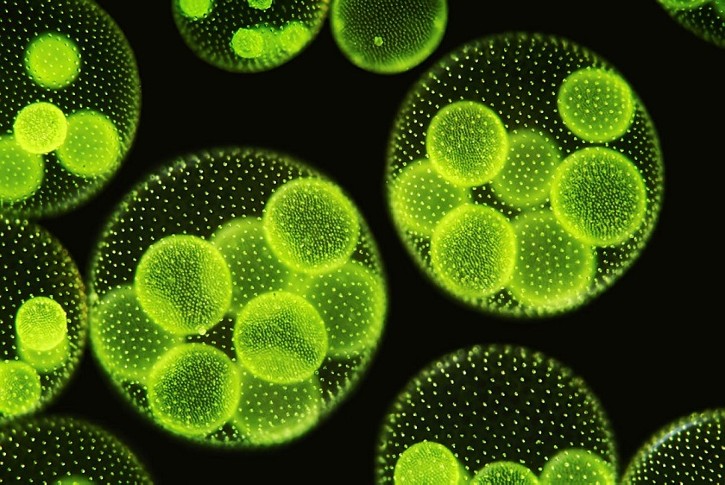13 Jun, 2023 | Health BM | No Comments
Navigating the Toxicity Trap: Understanding Personal Exposure to Toxins

In today’s world, the amount of toxins that we are exposed to on a daily basis is higher than ever. Our bodies aren’t equipped to deal with such high levels of toxins and our health can be seriously impacted. Where do you think you are most exposed to toxins personally? The food you eat? The beauty products you use? The polluted area you live/work in?

Food: The Culinary Conundrum
Our dietary choices play a significant role in our exposure to toxins. The food we consume, if not sourced and prepared carefully, can harbor harmful substances such as pesticides, antibiotics, and additives. Conventionally grown fruits and vegetables often contain residues of pesticides, while meat and dairy products can contain traces of antibiotics and hormones. Processed foods, laden with artificial preservatives, colorants, and flavor enhancers, can also contribute to our toxin intake.
To minimize toxin exposure through food, opt for organic produce whenever possible. Organic farming practices reduce the use of synthetic chemicals, resulting in fewer pesticide residues. Prioritize whole, unprocessed foods, which are less likely to contain additives. Additionally, adopting a balanced and varied diet rich in nutrients can help support our body’s natural detoxification mechanisms.
Beauty Products: Aesthetic Hazards
Our beauty routines can unwittingly expose us to a plethora of toxins. Many conventional personal care products contain chemicals such as parabens, phthalates, and sulfates, which have been associated with various health concerns, including hormonal disruptions and skin irritations. Cosmetics, skincare, hair care, and fragrances often contain these ingredients, and they can seep into our bodies through our skin and even through inhalation.
To mitigate toxin exposure from beauty products, opt for natural and organic alternatives. Look for labels that indicate products are free from harmful chemicals, and consider simpler formulations with fewer synthetic additives. Research ingredients and choose brands committed to transparency and safety. Furthermore, incorporating DIY or homemade skincare options using natural ingredients can offer a safer and more personalized approach to beauty care.
Environment: Breathing in the Risk
The polluted environments we live and work in can pose a significant threat to our health. Air pollution, both indoor and outdoor, exposes us to toxins such as particulate matter, volatile organic compounds (VOCs), and other hazardous chemicals. Common sources of indoor air pollution include tobacco smoke, household cleaners, paints, and building materials. Outdoor air pollution arises from vehicle emissions, industrial activities, and urbanization.
To reduce toxin exposure in your environment, ensure proper ventilation in your home or workplace. Consider using air purifiers with HEPA filters to remove airborne pollutants. Avoid smoking and minimize exposure to secondhand smoke. Regularly clean and maintain your living and working spaces, using natural cleaning products whenever possible. When outdoors, be mindful of air quality indexes and take necessary precautions, such as wearing masks in heavily polluted areas.
Conclusion
In today’s toxin-laden world, being aware of the sources of personal exposure is crucial for safeguarding our health. From the food we eat to the beauty products we use and the polluted environments we inhabit, toxins surround us. By making informed choices and adopting healthier alternatives, we can minimize our exposure and mitigate potential health risks.
To reduce toxin exposure from food, opt for organic, whole foods and prioritize a balanced diet. When it comes to beauty products, choose natural and organic options, and research ingredients to avoid harmful chemicals. In polluted environments, focus on proper ventilation, use air purifiers, and maintain cleanliness to minimize toxin inhalation.
Remember, while we may not have complete control over our toxin exposure, we can take proactive steps to minimize its impact on our lives. By being mindful of the choices we make, we can prioritize our well-being.